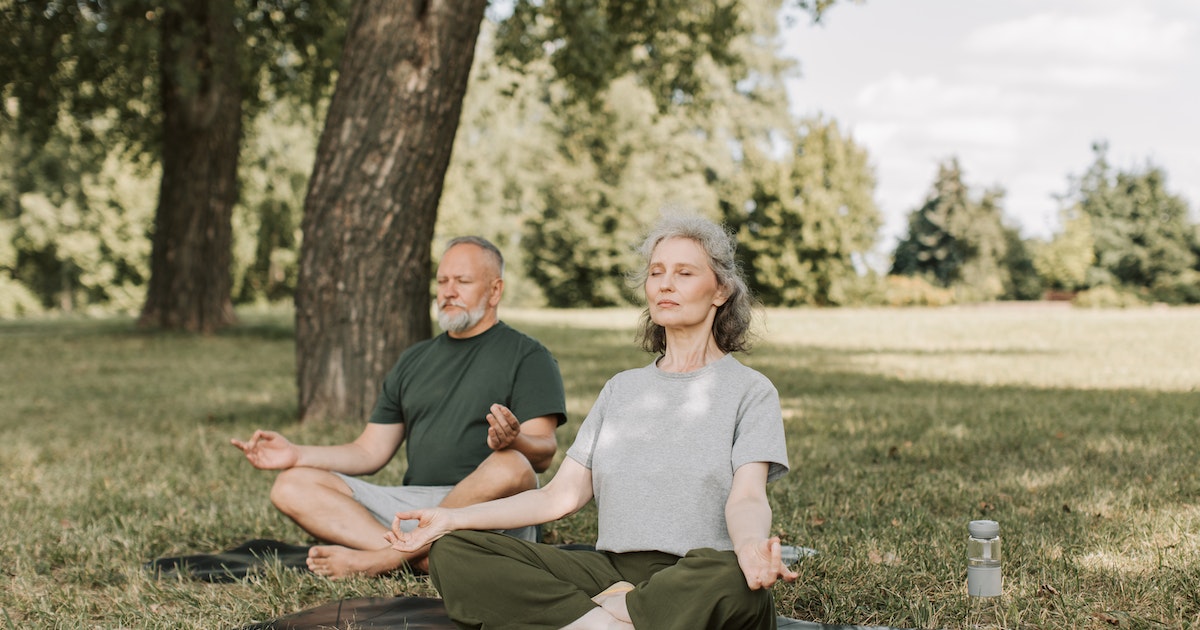The path to sobriety is not without its challenges. One of the most significant obstacles for individuals in recovery is the presence of triggers. Substance use triggers are environmental, emotional or social cues that can produce cravings and increase the risk of relapse. By recognizing your triggers and having ways to deal with them, you can increase your chances for long-lasting sobriety.
Let’s explore some common triggers for addiction recovery and provide practical strategies to avoid them.
Social Triggers
Social situations can be particularly challenging for those in recovery. These triggers may include spending time with old drinking or drug-using buddies, attending parties or events where substance use is prevalent or feeling isolated or excluded in social settings.
Strategies:
- Build a Supportive Network. Surround yourself with individuals who support your recovery journey. Attend support groups, connect with sober friends and establish healthy relationships that reinforce your commitment to sobriety.
- Communicate Boundaries. Inform friends and family about your recovery goals and ask for their understanding and support. Clearly communicate your boundaries regarding social activities that may expose you to triggers.
- Develop New Hobbies and Interests. Engage in activities that provide a sense of fulfillment. Join clubs or groups centered around hobbies, sports or other interests that do not involve substance use.
Emotional Triggers
Emotions can be powerful triggers for relapse, particularly emotional lows. Stress, anxiety, depression, loneliness or even excessive joy and excitement can evoke cravings and a desire to self-medicate.
Strategies:
- Seek Professional Help. Work with a therapist or counselor who specializes in addiction recovery. They can assist you in developing healthy coping mechanisms to manage difficult emotions.
- Practice Self-Care. Engage in self-care activities that promote emotional well-being, such as regular exercise, mindfulness meditation, deep breathing and journaling.
- Establish a Support System. Reach out to trusted friends or family members when you experience emotional distress. Attend support group meetings to connect with others who have faced similar challenges.
Environmental Triggers
Certain environments or settings associated with substance use can serve as potent triggers. These may include places where drugs or alcohol were frequently consumed, such as bars, clubs or specific neighborhoods.
Strategies:
- Modify Your Environment. Identify and eliminate triggers in your immediate environment. For instance, remove alcohol or drugs from your home, and avoid places that may tempt you to relapse.
- Create a Sober Support Network. Connect with others who are committed to sobriety. Surrounding yourself with like-minded individuals will provide encouragement and reduce the risk of environmental triggers.
- Establish Healthy Routines. Develop new habits and routines that do not involve substance use. Fill your time with productive activities, such as exercise, hobbies or volunteering, to create a fulfilling daily schedule.
Seek Support from an Outpatient Treatment Center in AZ
Overcoming addiction is a complex and challenging process, but people are doing it every day. It’s important to have hope and believe in yourself. Wolf Creek Recovery can help you on your journey. We are an outpatient treatment center in Arizona that has flexible programs to accommodate our clients’ schedules.
By participating in outpatient treatment, you will have access to peer support, counselors and therapists, evidence-based therapies and alternative therapies. This makes it easier to manage your triggers and stay on track with your recovery. To learn more about our services, contact Wolf Creek Recovery today.









